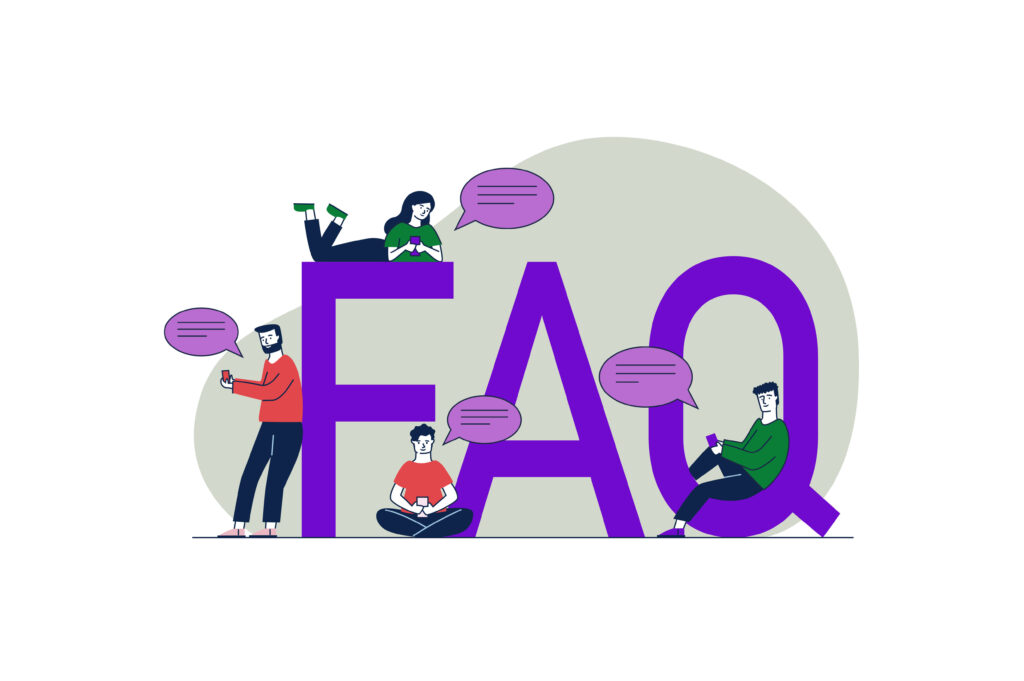

Canada has a strong commitment to family reunification, and as such, offers a range of immigration programs that allow Canadian citizens and permanent residents to sponsor their family members to join them in Canada. These programs aim to keep families together and reunite loved ones in the country.
What family members am I able to sponsor to come to Canada?
Family Class sponsorship is a program offered by Canada for its citizens and permanent residents to bring their loved ones to the country as permanent residents. This popular stream of Canadian immigration allows for reduced processing times for applications as the government recognizes the importance of keeping families together.
Canadian citizens and permanent residents can sponsor the following family members to come to Canada:
What are the approximate costs associated with sponsoring a family member to come to Canada?
The cost of sponsoring a family member to come to Canada can vary depending on the specific circumstances of the sponsorship. The following are the approximate government processing fees that may be required in most cases:
The total cost of the government fees is approximately $1135.
If the sponsor intends to reside in Quebec upon the issuance of permanent residence, an additional fee of $289 CAD will be required. If a sponsor is including dependent children of their spouse in the application or an adopted child, a fee of $150 per child will also be required. If a sponsor is including the spouse or partner of the relative being sponsored, an additional fee of $1,050 is required.
What is the required income level for sponsoring a family member in Canada?
In order to sponsor certain family members, such as parents, grandparents, eligible orphaned relatives, or those eligible under the “lonely Canadian” policy, sponsors must meet the Minimum Necessary Income (MNI) criteria for the size of their family unit. This requirement is verified through the provision of Canada Revenue Agency-issued Notices of Assessment (NOA) for at least three consecutive years. It is important to note that sponsors of spouses are not subject to the MNI requirement.
All sponsors, regardless of the category of sponsorship, are required to sign an undertaking in which they pledge to provide financial support for the basic needs of their sponsored family member. This undertaking is valid for a period of 20 years and a supplementary undertaking is required for sponsors residing in Quebec. The length of the undertaking varies depending on the category of sponsorship, with spousal sponsorship requiring a 3-year commitment from the date the sponsored individual becomes a Canadian permanent resident.
It must be noted that sponsors of dependent children are not required to meet the MNI criteria, provided that the dependent child does not have any children of their own. However, if the dependent child being sponsored has dependent children of their own, the sponsor must meet the MNI criteria for their family unit size.
Is employment a requirement for sponsoring a family member?
In order to sponsor a family member other than a spouse or partner, the applicant must demonstrate that they meet the Minimum Necessary Income (MNI) criteria. This can be done by providing proof of sufficient income from the past three years, even if the income is not derived from employment. This proof is required to ensure that the sponsor will be able to financially support their sponsored family member.
What is the duration of the sponsorship process?
The sponsorship process typically takes around 12 months to complete from the time the application is submitted. However, the processing time can vary depending on the complexity of the case and if additional evidence of the relationship is required.
What is the maximum number of relatives I can sponsor to Canada?
Canadian permanent residents or citizens can sponsor an unlimited number of eligible family members; however, separate applications must be submitted for each individual family member being sponsored.
Background check process for Canadian sponsorship
All applicants for Canadian permanent residence who are 18 years of age or older are required to submit a Police Clearance Certificate in order to confirm that they do not have a criminal record which would make them inadmissible to Canada. This includes obtaining police clearances from any country in which the applicant has resided for a period of six months or more since turning 18 years old.
Medical exam for sponsorship in Canada
As part of the process for obtaining Canadian permanent residence, applicants are required to pass a medical examination to confirm that they do not have any medical conditions that would make them inadmissible. The examination should be conducted by a physician who is on the list of designated panel physicians provided by Immigration, Refugees and Citizenship Canada (IRCC). Note that the medical exam should be completed after submitting your sponsorship application, and IRCC will provide instructions on how to do so.
What is the process for checking the status of my sponsorship application?
To check the status of your spousal Sponsorship, common-law Sponsorship, or dependent child sponsorship application, you can use the Permanent Residence Application Tracker portal provided by Canada. For other family member sponsorship applications, the process for checking the status will vary based on whether the application was submitted online or by mail. You can use IRCC’s online tool for more information on how to check the status of your sponsorship application.
Are there any specific deadlines for submitting sponsorship applications in Canada?
Canadian citizens and permanent residents who meet the eligibility requirements may sponsor their spouse or child at any time. However, those who wish to sponsor their parents or grandparents must wait for an invitation and apply within the given deadline.
Is it possible to sponsor a brother or sister to come to Canada?
Sponsoring a sibling to come to Canada as a Canadian citizen or permanent resident can be challenging. It is only possible if you meet the qualifications of a “Lonely Canadian” or if your siblings can be listed as dependents on your parent sponsorship application.
Is it possible to sponsor my fiancé to come to Canada?
In Canada, sponsorship for fiancés is not an option. Canadian citizens and permanent residents must be married to apply for Spouse sponsorship. However, Spouse sponsorship may be possible for common-law partners.
Is it possible to sponsor my girlfriend or boyfriend to come to Canada?
In Canada, sponsorship for boyfriends or girlfriends is not an option. Only common-law partners or married couples are eligible to sponsor their partner to come to Canada. In limited cases, sponsorship for conjugal partners may be possible for Canadian permanent residents and citizens.
Is it possible to sponsor a friend to come to Canada?
In Canada, sponsorship for friends is not an option for permanent residents or citizens. However, your friend may be eligible to immigrate to Canada through other immigration programs.
Does Canada have an age restriction for sponsorship?
In Canada, a sponsor must be at least 18 years old to sponsor a family member. There is no upper age limit for sponsorship.
Is it possible for my partner to work in Canada while awaiting the outcome of their inland spousal sponsorship application?
Your spouse or common-law partner can work in Canada while their inland spousal sponsorship application is being processed. They are eligible to apply for a work permit while they wait for the outcome of their sponsorship application. This is known as an “open” work permit, which allows them to work for any employer in Canada, but it is subject to certain conditions. Your spouse or common-law partner must meet the eligibility criteria for a work permit, and must also have a valid temporary resident status in Canada.
Do I have to complete the adoption process before starting the sponsorship process for the child I am adopting?
No, it is not necessary to wait until the adoption is final to start the sponsorship process. You can begin the sponsorship process while the adoption is in its final stages.
Related Links: